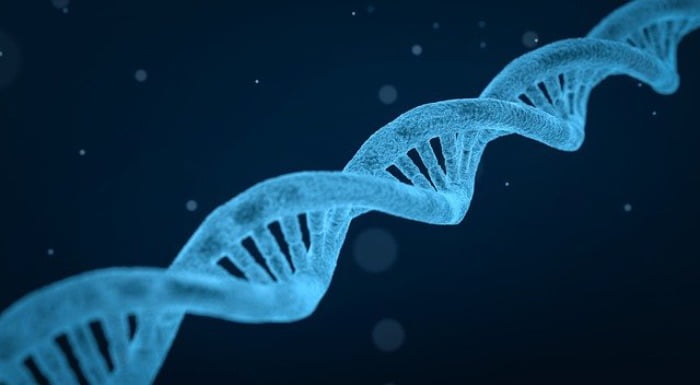The government has confirmed having detected it in India. Delta variant of SARS-CoV-2 has indeed mutated into another strain called Delta Plus. But the Centre says, right now Delta Plus is a variant of interest only, it’s not a variant of concern yet. So should we really worry about it? With the new cases of coronavirus declining in the country almost every passing day and an assurance from the government that the new strain of Delta variant has shown no sign of the severity of disease, it looks like we can heave a sigh of relief. But there are some indicators that are difficult to be ignored. And we should rather wait for more analyses to pour in the next few weeks before shrugging it off completely.
Delta Plus variant resistant to monoclonal antibodies cocktail
Out of the details emerging about the Delta Plus variant, the most noticeable one is the fact that the new strain is resistant to the monoclonal antibodies cocktail, one of the lines of treatment being followed for the COVID patients in India. This means the monoclonal antibodies cocktail will not be able to cure the patients infected with the Delta Plus variant of SARS-CoV-2. Basically, a mixture of two antibodies – Casirivimab and Imdevimab – is administered to the COVID patients in the early stage of their infection to stop the virus from attaching itself to the human cells.
This is one of the reasons why Delta Plus has become a variant of interest. And the main reason why this is not a variant of concern is the low number of its cases reported so far.
While the government has promised that INSACOG (Indian SARS-CoV-2 Genomic Consortia) will keep an eye on the new variant, the Public Health England (PHE) has already come up with some data that needs to be taken into notice.
K417N mutation found in Delta variant of COVID virus
Scientists have found that the Delta variant (B.1.617.2) of the COVID virus has acquired a change in its genome that has been named K417N mutation. Therefore, the Delta plus variant is also being called B.1.617.2.1 or AY.1 strain. As per reports, the new mutation (K417N) has occurred in the spike protein of the virus which helps it attach to the human cells for infection. Curiously enough, the K417N mutation was also found in the Beta (B.1.351) variant of SARS-CoV-2 and that has been a variant of concern.
Also Read: ‘Bat Woman’ Shi Zhengli reveals what happened in Wuhan lab
63 genomes with K417N mutation identified by GISAID
Now PHE claims that GISAID – a global science initiative – so far has identified 63 genomes of Delta (B.1.617.2) with the K417N mutation. And till 7 June, Delta Plus (B.1.617.2.1 or AY.1) was found in six genomes from India. The other genomes with the new variant were from the US, Europe, other Asian nations.
It is also important to note that the new mutant was first identified in late March. And thus, we still need more genome sequencing data to emerge to know the real impact of the virus.
In a press briefing on Tuesday (15 June), NITI Aayog Health Member Dr. VK Paul said the Delta Plus variant was first recorded in Europe and brought into the public domain on June 13. But he also confirmed that it was the Delta variant of SARS-CoV-2 which played a vital role in the second wave of the pandemic in India.









India braces for heatwave: Top tips to stay safe in sweltering conditions
Stress managemnt: 10 tips to manage anxiety issues
Flight cancelled or delayed? Guidelines you must know